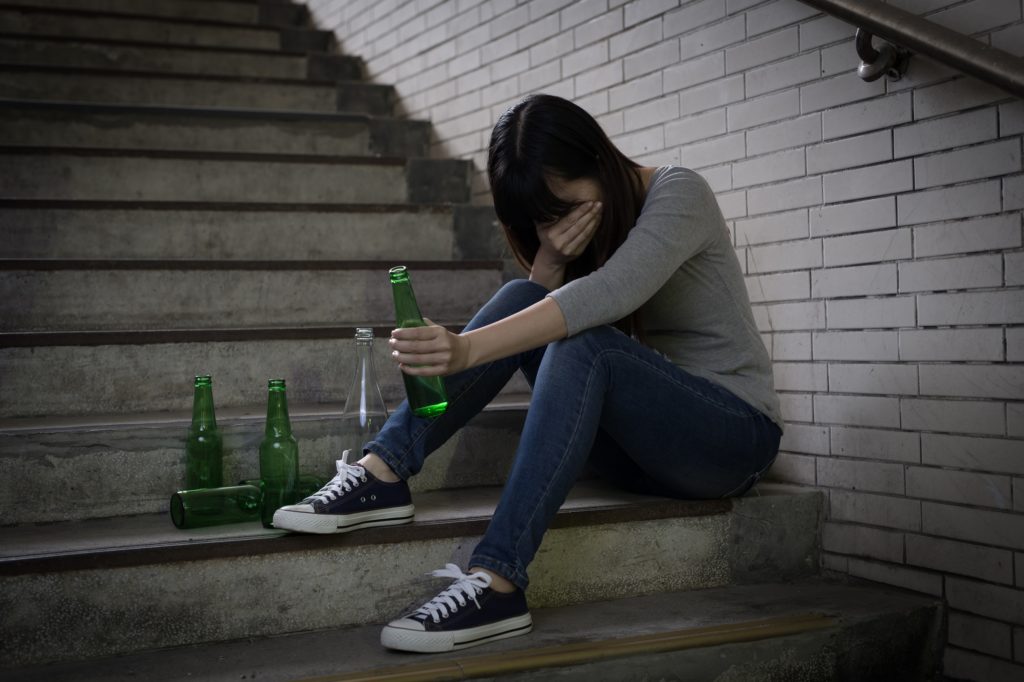The next time you’re standing in a room with a dozen people or more, pause and take a look around. Chances are, one of these people is dealing with an addiction to alcohol on some level. According to Facing Addiction (formerly known as the National Council on Alcoholism and Drug Dependence), 17.6 million adults are living with alcohol use disorder or alcohol dependence.
To raise awareness and reduce the stigma associated with this disease, in 1987, Facing Addiction began spreading their message every April. Designated as Alcohol Awareness Month, this organization encourages communities, schools, churches, parents, and others to shine a light on addiction, negate misconceptions people have about those suffering, and encourage people to seek treatment and/or support groups.
This year’s theme is “Help for Today, Hope for Tomorrow,” and the big kickoff is the first weekend, April 5-7, 2019. Facing Addiction encourages three days of zero alcohol consumption, asking people to notice if this brief period of abstinence is a struggle for them, or for someone they care about. If so, it could be time to evaluate the hold it has on their life (or yours).
The American Addiction Centers (AAC) website shares the four stages of alcohol use disorder: early, problematic, severe, and end-stage. From being an occasional binge drinker to being unable to think of anything but drinking, this is a progressive disease that is recognized in the Diagnostic and Statistical Manual of Mental Disorder-5, a diagnostic tool used by the American Psychiatric Association. As you might assume, the earlier a person seeks treatment, the better the chances they’ll be able to regain control of their life.
Make no mistake, this disease doesn’t wait until a person reaches the age of 21. The AAC states that in 2012, approximately 855,000 adolescents between the ages of 12-17 had alcohol use disorder. Having discussions with your children about alcohol isn’t optional. It’s a must!
Whether you are the person struggling with addiction, or you are watching someone you care about, it’s crucial to understand the enormity of this disease. With understanding comes compassion. Seeking help when we need it shows great strength and self-awareness, offering coping strategies that can make each day just a little more manageable.
Since alcohol use disorder doesn’t look the same for every person, the ideal recovery program varies from person to person. Reaching out to a trained treatment specialist is the best way to figure out what treatment options are available and which one(s) might be a good starting point.
Oddly enough, nutrition (more specifically malnutrition) and addiction are rarely discussed in the same conversation. Even though, as Maria Atwood points out in “Treating Alcoholism:
What’s the Missing Link”, it could add real value to treatment.
Shining the light on addiction is the only way to shift the way we think about it. And, looking at the statistics, the way we’ve been approaching at it thus far doesn’t seem to be serving us very well.
Images from iStock/KatarzynaBialasiewicz (main), RyanKing999 (post).



